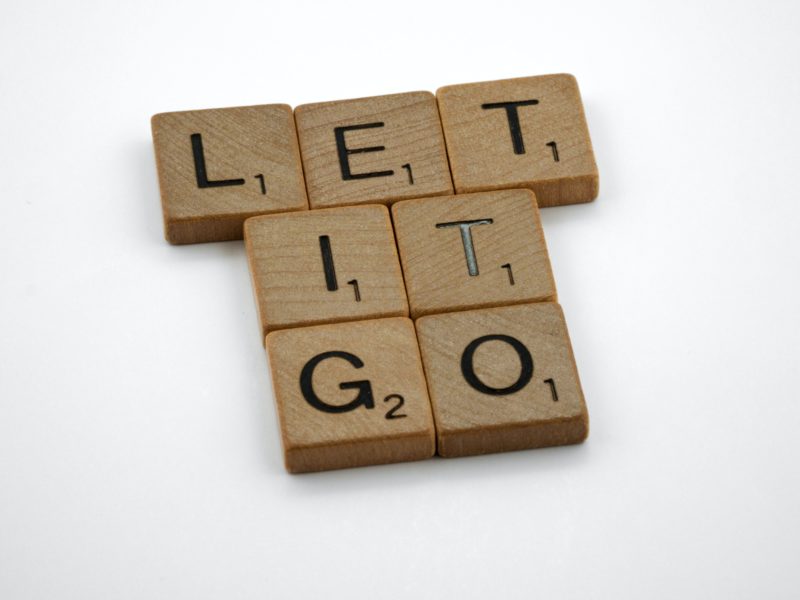Your past mistakes do not vanish with sobriety, but you don’t have to live a life weighed down by shame and regret. You can move past these negative emotions and reclaim a positive, healthy future. It starts with forgiveness.
Simply put, forgiveness is the act of pardoning an offender. It’s a decision to not hold a grudge against the wrongdoer, despite what they have done to you. It’s a wonderful gift to be forgiven by those you have wronged—and it’s essential to forgive yourself.
Try these steps to come to terms with past mistakes, move past regret, and forgive yourself in recovery.
1. Take Stock
Though it’s painful to take a deep dive into the past, it’s a critical step in securing a positive future. What choices have you made that led to the guilt and shame you’re carrying today? Write out the regrets that are holding you captive. What would you do differently if you had a chance? Writing can be therapeutic, helping you learn from your mistakes so as not to repeat them. If you’re going to forgive yourself, you need to know exactly what it is you’re forgiving.
2. Accept the Past
Once you’ve clarified your past regrets, it’s time to accept them. That doesn’t mean the choices you made or actions you took are OK. Rather, you need to take responsibility for your mistakes, recognizing that while you can’t change the past, you can change what you do next. Only by examining the past can you learn how to let it go. It’s pointless to dwell on past mistakes, but it’s important to look at them, learn from them, and move on.
3. Make Amends
A key part of taking responsibility for your actions is making amends with others. That involves admitting what you did wrong in the past and committing to doing something different in the future. Some people may readily forgive you, others may need time, and still others may never grant forgiveness. The latter is a tough pill to swallow, but it’s their choice to make.
Once you have attempted reconciliation by expressing remorse and changing your ways, the outcome is out of your hands. Fortunately, self-forgiveness does not hinge on others’ forgiveness of you. Whatever anyone else decides, you can still choose to extend forgiveness to yourself.
4. Seek Support
Individual and group therapy are invaluable tools in the recovery journey, and in the journey to forgiving yourself. By sharing your story with others, you can receive the encouragement and counsel you need to keep moving forward. It can also help to know you’re not alone in your addiction-related regrets. Others have walked this road too, and their support is invaluable. The kindness and love extended by other recovering addicts, therapists, and trusted family or friends can help you release your burdens and forgive yourself.
5. Give Grace
Sometimes we hold ourselves to higher standards than the ones we have for others. If you’ve been suffering under the weight of addiction, it’s likely you’ve been hard on yourself for a long time. Instead of treating yourself with contempt, shower yourself with the same compassion you might give a dear friend. Accept the fact that you are a flawed human being who will never be perfect, but who is getting better every day. Hold on to the hope that the best is yet to come.
Don’t let guilt and shame keep you from experiencing freedom in recovery. By learning to forgive yourself, you can let go of the past and move forward to a positive future.
Are you tired of living a life of regret? Contact Beachside Rehab’s trained admissions counselors at (866) 349-1770 to learn how to break the cycle of addiction and forgive yourself for past mistakes.

